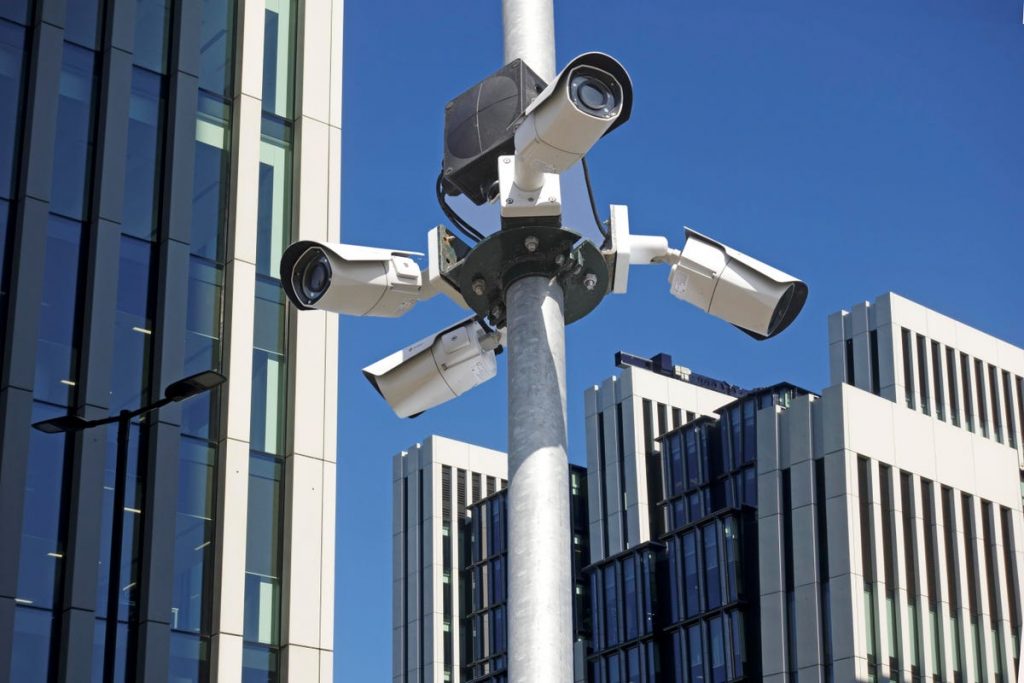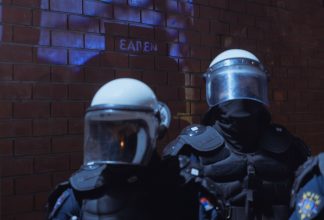Serbia’s Draft Law on Internal Affairs Undermines Human Rights

Civil Rights Defenders calls on Serbia’s authorities to refrain from adopting the current version of the Draft Law on Internal Affairs, which threatens to undermine the respect for human rights in the country, including the Right to Privacy and the Freedom of Speech.
The proposed legislation increases political influence on the police, removes transparency provisions and breaches data protection regulations. Namely, articles regulating data processing systems, as well as surveillance in public places, introduce mass biometric surveillance with advanced technologies for facial detection and recognition. Such provisions endanger privacy rights of citizens and lead to full surveillance without judicial oversight, which is in total contradiction to the Law on Personal Data Protection and GDPR standards.
Further, the Draft Law gives additional powers to the Minister of Interior over operational work of the police, thus increasing its political influence. Accordingly, the Minister can employ officer and other staff without competition, but also grant the term “Police” to other entities; meaning it could, hypothetically, grant it to organised groups to violently supress a peaceful protest. Another concerning provision makes it illegal for citizens or journalists to record police officers, even during cases of police brutality.
The legislation is particularly controversial given the non-transparent way in which it was drafted. Although it introduces a number of changes, public consultations were only held for 5 days, leaving very little time for contributions from legal experts, digital security and media organisations.
Civil Rights Defenders Director for Europe and MENA, Goran Miletić said that “this Draft Law is a major concern as it threatens Right to Privacy and Freedom of Speech in Serbia. It also leaves the police further prone to political influences, which is indicative of the government’s growing trend to disregard human rights principles.”
We urge authorities to consider comments submitted by legal, media and digital security experts, and not adopt this legislation with such far-reaching consequences for human rights in the country.


